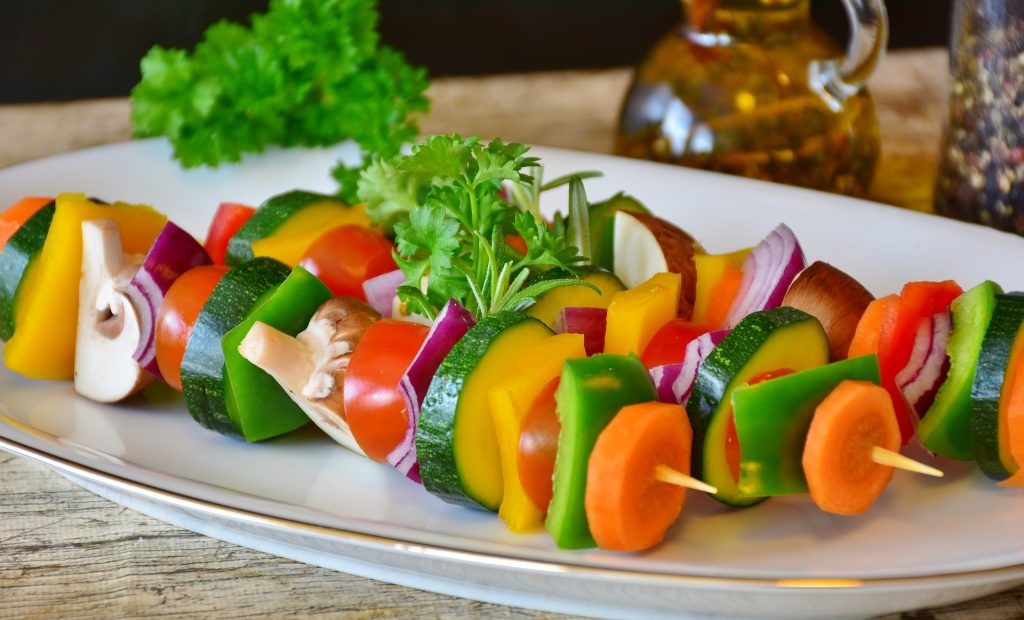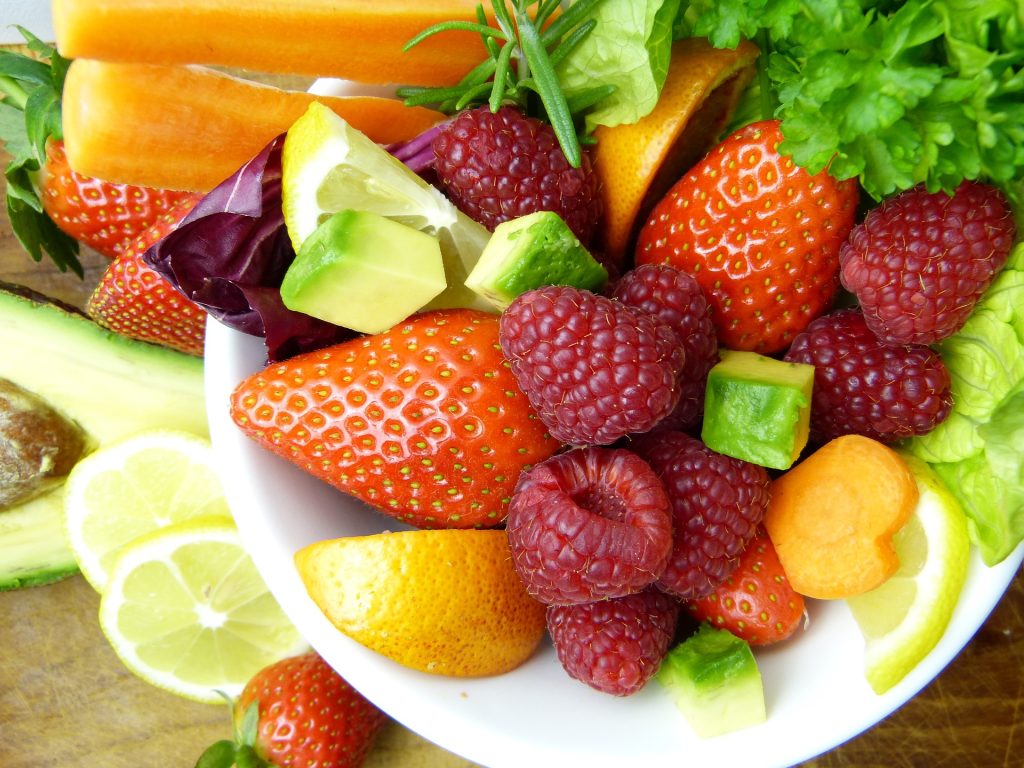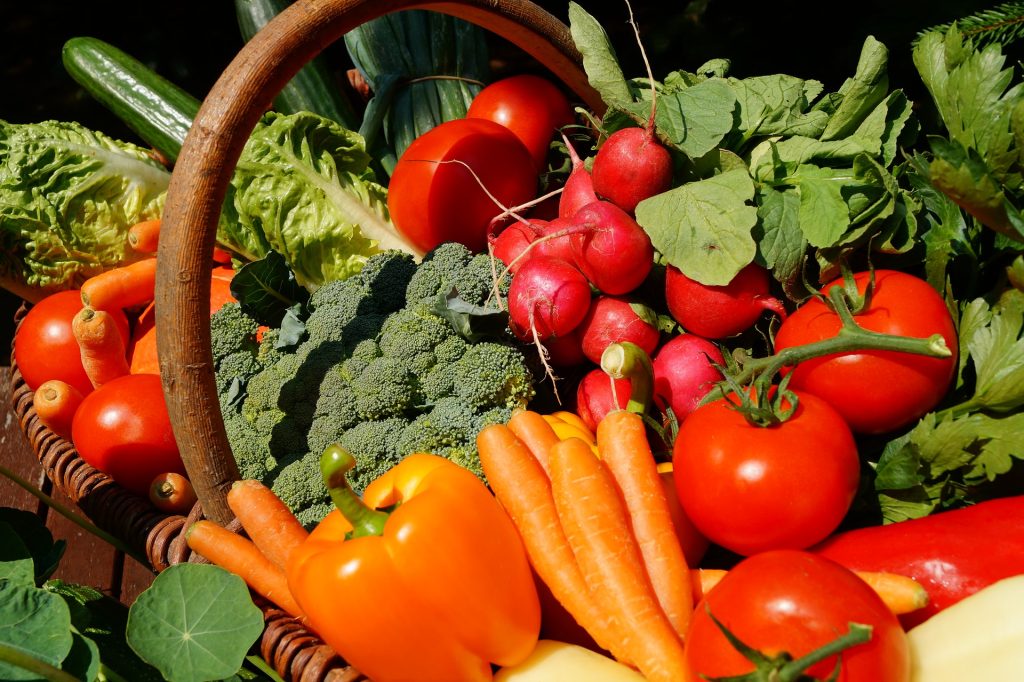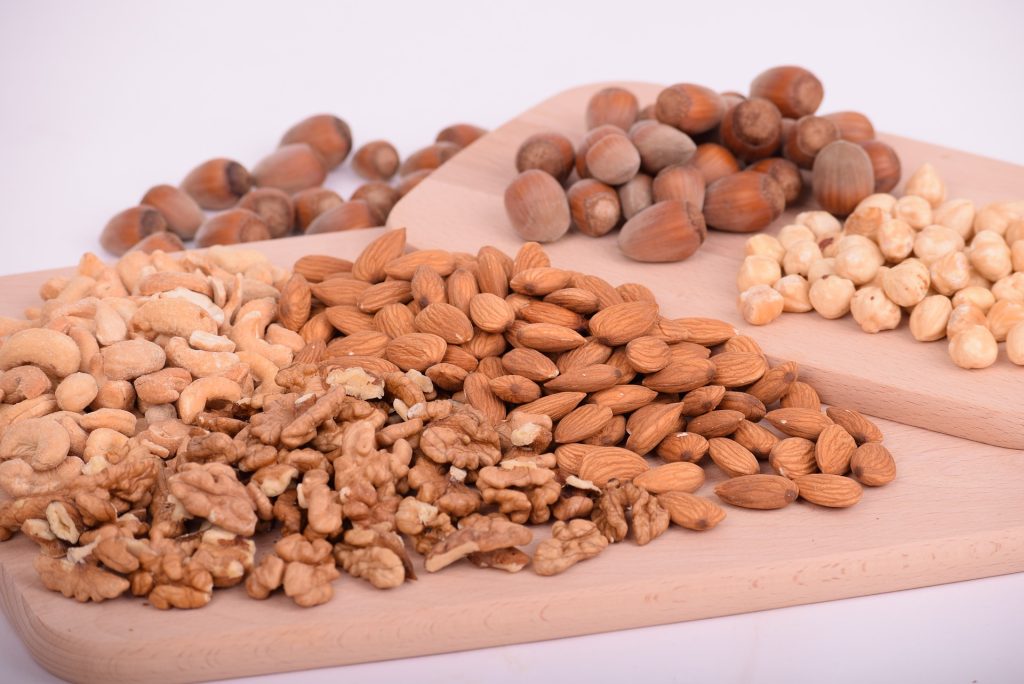Now more than ever there is a lot of talk about going vegan. Whether you are thinking about it because you are concerned about the carbon footprint that farming has, and want to do it for our planet, or because you love animals and want to shift your diet for their wellbeing, or you are concerned about the health impact of eating too many animal proteins, there a few things that are worth considering before you change your diet!
This is a simple guide on all you need to know before going vegan, to ensure you take care of your health in the process and assess if this is a viable solution for you, and how to switch to a vegan or vegetarian diet ensuring you assume all the needed nutrients in your diet.
The most important thing before going vegan
Vitamin B12 is the only vitamin that is provided only by animal sources, so if you decide to go for a vegan diet, you absolutely need to take supplements. Please consider that this is a must, you will face a deficiency if you don’t integrate it taking supplements, it may cause anaemia and lead to symptoms such as: weakness, tiredness, or light-headedness. Heart palpitations and shortness of breath. (Read here for more info on B12 deficiency)
Assessing your health before making the switch
The most important thing to do before planning your vegan diet, is to understand your state of health. This is really a non-negotiable step to before you proceed, failing to do so may result in serious health issues, and if you don’t want to be forced to go back to a normal diet after a bit, having a full blood check and understand levels of certain vitamins and minerals is crucial!

What you have to look for
Haemoglobin
Haemoglobin is a red protein responsible for transporting oxygen in the blood, and is related to iron levels. If there is a deficit of haemoglobin, you’d better consider taking iron supplements before going on a vegetarian diet!
Ferritin
Ferritin is a blood protein that contains iron and expresses how much iron your body stores. If this value is low, and it’s matched with a low haemoglobin level (even if within the acceptable range), this means that things are fine, but still your body does not have much iron reserve, meaning that going on a vegan diet could make your iron reserves plummet, putting you in a condition of deficiency, and making you anemic.
As women, we might underestimate the effect that a heavy period can have on our iron levels, and our period can change greatly during our life, creating problems we haven’t faced before if it increases, or simply with annual variation, depleting our iron levels.
Furthermore, understanding both these values is important because we assimilate iron differently according to the types of food we eat, as the iron bioavailability differs in animal products and vegetable ones. This means that checking the amount of iron present in a specific food is helpful only up to a certain extent, as we assimilate more easily iron from animal sources (meat) and less easily from vegetable sources. Despite spinach, parsley and other vegetables containing a great amount of iron, our body can assimilate only a small part of it.
What you can do about it:
- Check your blood levels with your GP, informing him about your vegan/vegetarian choice, asking if it’s the case to take iron supplements before you go on a diet that will restrict the amount of iron reach food you are going to eat.
- If you suffer from a heavy period you might want to preview an iron integration around your period, in order to prevent iron levels going down. There are many over the counter iron supplements that you can assume for 10 days per month, during your period and shortly after it.
- When eating vegetables high in iron, make sure you eat them with vitamin C, adding freshly squeezed lemon to season, or adding an orange juice to drink with your meal, this will maximise the iron assimilation! Add vitamin C rich fruit and vegetables like kiwis, tomatoes, strawberry, and berries to ensure you get enough vitamin C is a good strategy too.

Know what you eat
Starting successfully a vegan or vegetarian diet means that you need to know what you eat, as you might otherwise face a nutrients deficiency that will cause various health problems.
To have a balanced diet whilst choosing to go vegan, you need to eat many types of food, first of all ensuring that you eat a lot of different vegetable proteins, and many vegetables to account for the proteins and vitamins and minerals you have excluded with the animal foods.

What you can do about it
Vegetal proteins
Every type of beans, chickpeas, peas, soya are your new best friends, together with cereals high in proteins like amaranth, quinoa, millet, oat. Avocado is a good source of vegetable protein too.
Minerals and vitamins
Add a great number of various vegetables to your meals, a simple salad won’t do! If you are going for a vegan diet, eliminating dairies from your diet too, you might want to add alternatives with added calcium (there are good soya drinks/yoghurt available for this purpose) Add spinach and beetroots (rich in iron), broccoli, brussels sprout, kale (all rich in calcium), courgettes, aubergines, tomatoes (rich in vitamin C), to ensure you get all the minerals and vitamins you need. Finally, add nuts (walnuts, almonds, cashews, peanuts, brasil nuts, hazelnuts, macadamia nuts) to your diet as a perfect snack, and seeds (linen, sunflower, pumpkin seeds etc.) as a tasty addiction to your mixed salads. Both these food types contain a high amount of minerals, important to have a balanced diet.

Do your research and listen to your body
The point is you can’t just improvise your diet simply eliminating animal products, or replacing meat substitutes to meat and dairy, as those products are meant to replace the taste and consistency not necessarily the nutrition values of animal products!
All you need to know before going vegan is really a suggestion to ensure you do some research and plan a complete diet: making research is easy though, and with a little bit of effort you’ll be able to plan a healthy regime that will make you feel well and energised. The important thing is that you have to be present and understand what you eat to be able to nail it and make a success out of your vegan or vegetarian choice.
Want to have a look at some vegan recipes? Click here and you’ll find several ideas to get you started!
Images credit: Pixabay